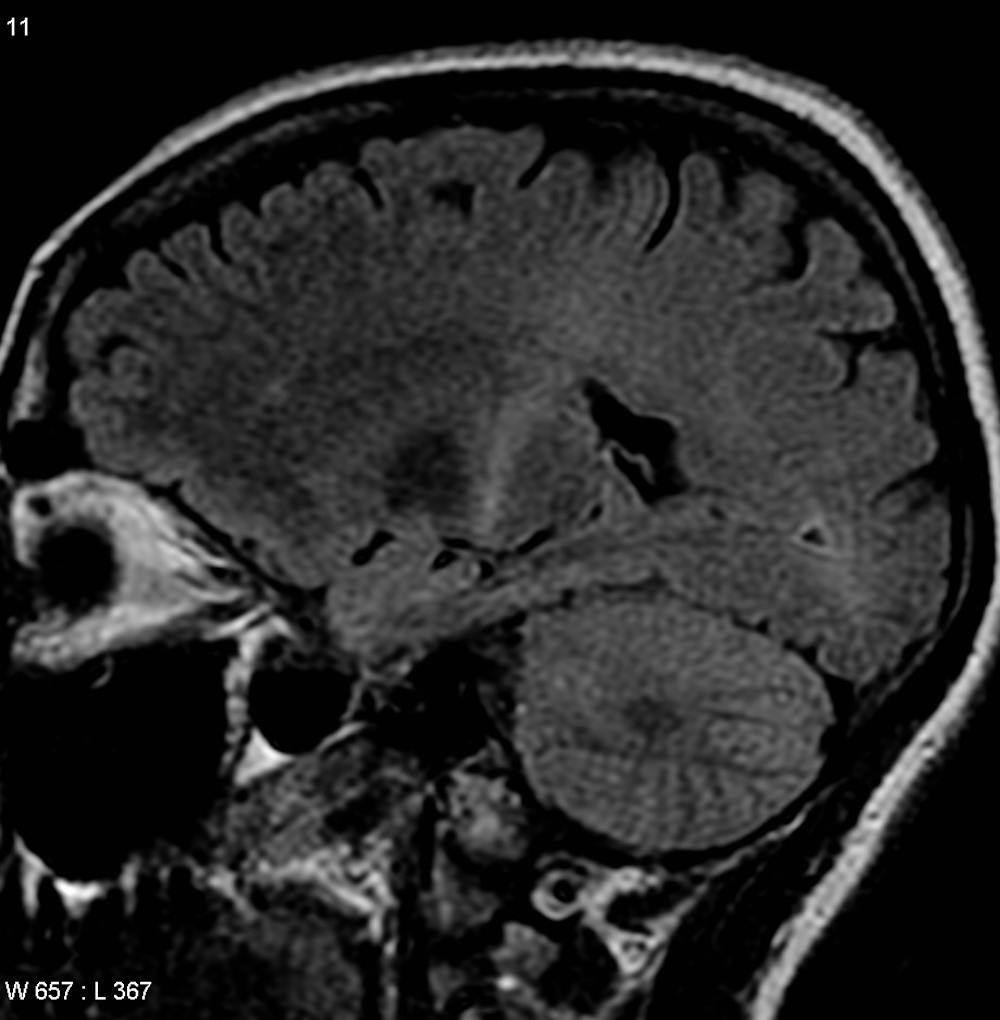The Food and Drug Administration recently approved a new drug, Radicava, as a potential treatment for Amyotrophic lateral sclerosis (ALS) patients. ALS, also known as Lou Gehrig’s disease, is a neurodegenerative disease that attacks nerve cells controlling muscles, leading to the weakness and eventual loss of muscle function.
University ALS Clinic co-director Dr. Lawrence Phillips said the disease affects around 10 out of 100,000 people, making it a fairly rare condition. He also stated that the main symptom of the disease is weakness that is localized to one area of the body that eventually spreads, coming to affect most muscles in the body.
“One day [victims are] independent, then gradually [they] may lose the ability to use one hand, or slowly lose the strength in their legs to remain ambulatory or no longer be able to speak clearly enough for others to understand them,” ALS Clinic physical therapist Melissa Fox said in an email statement. “They are faced with difficult decisions, such as whether or not they would want to be on a ventilator, or have a feeding tube placed.”
Fox said ALS proves to be a difficult and emotional disease for family members to deal with, as they soon turn into full-time caregivers for the affected individual. Patients often react to their diagnosis in different ways, either planning their futures accordingly or succumbing to a state of denial.
“My role is in helping persons with ALS remain as active and independent [for] as long as possible,” Fox said. “Their needs are ever-changing, as the disease is degenerative process, a moving target.”
The 2017 approval of Radicava — otherwise known as edaravone — makes it the first drug since 1995 to be released to suppliers for ALS treatment.
“There is only one established drug for ALS, Riluzole —trade name Rilutek,” Phillips said in an email statement. “It works by reducing the effect of a neurotransmitter, glutamate, in the brain [and] spinal cord.”
It is commonly believed that individuals with ALS have neurons that are injured by glutamate, which is why Rilutek’s inhibitory effect on glutamate proves to be an effective treatment. However, according to the FDA, the actual mode of action of Rilutek is still unknown.
Phillips said Rilutek overall has a relatively limited effect, as it increases patients’ lifespans by only three months.
“[Radicava] works by reducing the toxic effects of oxygen molecules in the brain and spinal cord and is thought to also slow the course of the disease down slightly,” Phillips said. “It was developed in Japan, and physicians in the United States do not have any experience with it yet.”
Phillips said the drug will be administered to patients intravenously and it will cost around $146,000 per year to administer. According to the ALS Association, Radicava will cost $1,000 per infusion.
In clinical trials, patients treated with Radicava showed a smaller decline in their physical function compared to a control group — displaying the drug’s potential to slow the loss of function in ALS patients.
According to Phillips, Radicava is now in the process of being released and is projected to be available to physicians in August 2017.







